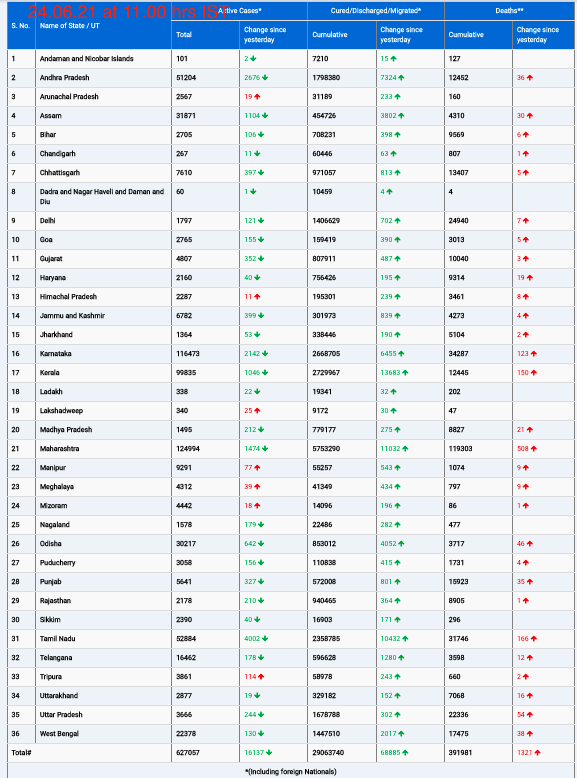March 21, 2024
A groundbreaking study supported by the National Institutes of Health (NIH) has unveiled a concerning aspect of COVID-19: the virus, SARS-CoV-2, can inflict damage on the heart even without directly infecting heart tissue. Published in the prestigious journal Circulation, the research sheds light on the mechanism through which the virus can lead to cardiac complications, particularly in patients with severe lung conditions such as SARS-CoV2-associated acute respiratory distress syndrome (ARDS).
The study, led by experts from various institutions, including the National Heart, Lung, and Blood Institute (NHLBI), aimed to decipher whether the cardiac damage observed in COVID-19 patients arises from direct viral infection of the heart tissue or from systemic inflammation triggered by the body’s immune response to the virus.
“Our findings reveal a critical link between the lung injury associated with severe COVID-19 and the inflammation that can induce cardiovascular complications,” stated Michelle Olive, Ph.D., Associate Director of the Basic and Early Translational Research Program at NHLBI.
The researchers focused on immune cells called cardiac macrophages, pivotal for maintaining heart tissue health. They analyzed heart tissue samples from deceased COVID-19 patients and conducted experiments on mice infected with SARS-CoV-2.
The results were striking: SARS-CoV-2 infection led to an increase in the number of cardiac macrophages and induced an inflammatory response in these cells. Matthias Nahrendorf, M.D., Ph.D., Professor of Radiology at Harvard Medical School and senior author of the study, emphasized the significance of these findings. He explained that when cardiac macrophages become inflammatory, they deviate from their usual roles of supporting heart metabolism and clearing harmful agents, thereby weakening the heart and the body.
Crucially, the researchers conducted further experiments in mice to discern whether the observed immune response was due to direct heart infection or severe lung inflammation. Surprisingly, they found that even in the absence of the virus, lung inflammation signals were sufficient to trigger the same inflammatory response in cardiac macrophages.
“This study demonstrates that severe infections, including COVID-19, can induce widespread inflammation throughout the body, leading to remote organ damage,” highlighted Nahrendorf.
Moreover, the team discovered that blocking the immune response in mice using a neutralizing antibody preserved cardiac function. While clinical trials are needed to validate these findings in humans, Nahrendorf suggested that such treatments could potentially prevent cardiac complications in COVID-19 patients with pre-existing conditions or at higher risk of severe outcomes.
The study, funded by NHLBI grants, marks a significant advancement in understanding the complex interplay between COVID-19 and cardiovascular health, offering potential avenues for therapeutic intervention.
The findings underscore the urgent need for comprehensive approaches to manage COVID-19, considering its multifaceted impact on various organ systems. As the world continues to grapple with the pandemic, insights from studies like these pave the way for more effective strategies to mitigate the long-term health consequences of SARS-CoV-2 infection.












